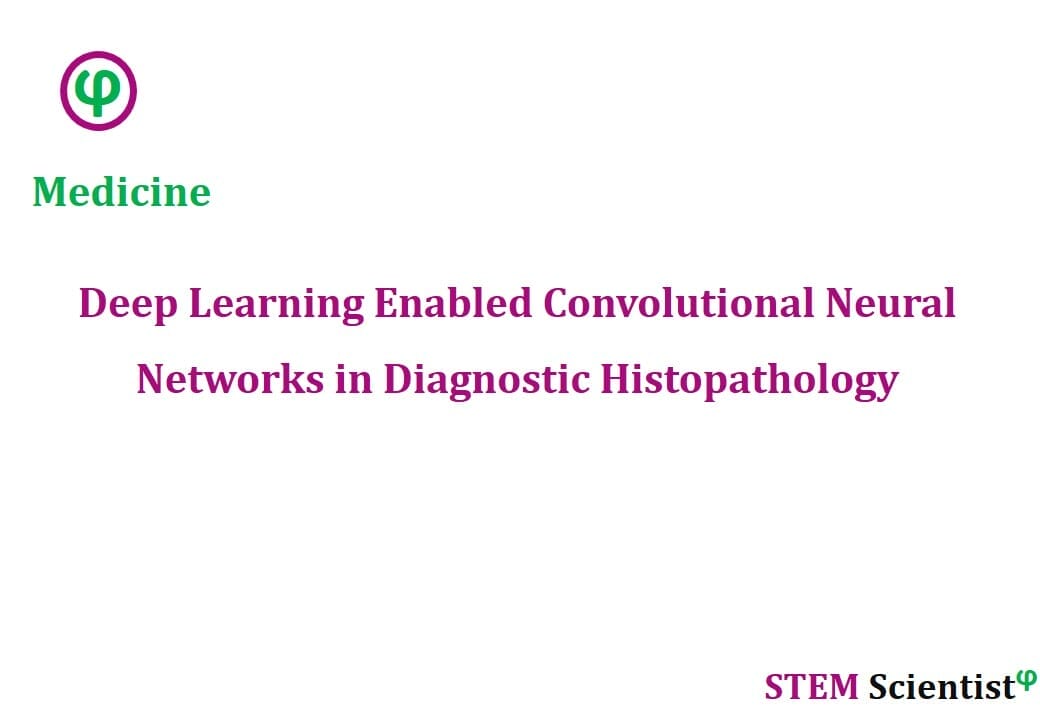
The following study was conducted by Scientists from Division of Hematology/Oncology, Department of Medicine, University of Massachusetts Medical School, Worcester, MA, USA; Department of Pathology, University of Massachusetts Memorial Medical Center, Worcester, MA, USA; Department of Pathology, Tongji Hospital of Tongji University School of Medicine, Shanghai, China; Department of Pathology, The First Affiliated Hospital of Soochow University, Suzhou, Jiangsu, China; Department of Thyroid Surgery, State Key Laboratory of Biotherpay and Collaborative Innovation Center for Biotherapy, West China Hospital, Sichuan University, Chengdu, Sichuan, China; Department of Hematology, Tongji Hospital of Tongji University School of Medicine, Shanghai, China. Study is published in Nature Communications Journal as detailed below.
Nature Communications; Volume 11, Article Number: 6004 (2020)
A Deep Learning Diagnostic Platform for Diffuse Large B-cell Lymphoma with High Accuracy across Multiple Hospitals
Abstract
Diagnostic histopathology is a gold standard for diagnosing hematopoietic malignancies. Pathologic diagnosis requires labor-intensive reading of a large number of tissue slides with high diagnostic accuracy equal or close to 100 percent to guide treatment options, but this requirement is difficult to meet. Although artificial intelligence (AI) helps to reduce the labor of reading pathologic slides, diagnostic accuracy has not reached a clinically usable level. Establishment of an AI model often demands big datasets and an ability to handle large variations in sample preparation and image collection. Here, we establish a highly accurate deep learning platform, consisting of multiple convolutional neural networks, to classify pathologic images by using smaller datasets. We analyze human diffuse large B-cell lymphoma (DLBCL) and non-DLBCL pathologic images from three hospitals separately using AI models, and obtain a diagnostic rate of close to 100 percent (100% for hospital A, 99.71% for hospital B and 100% for hospital C). The technical variability introduced by slide preparation and image collection reduces AI model performance in cross-hospital tests, but the 100% diagnostic accuracy is maintained after its elimination. It is now clinically practical to utilize deep learning models for diagnosis of DLBCL and ultimately other human hematopoietic malignancies.
Source:
Nature Communications
URL: https://www.nature.com/articles/s41467-020-19817-3
Citation:
Li, D., Bledsoe, J.R., Zeng, Y. et al. A deep learning diagnostic platform for diffuse large B-cell lymphoma with high accuracy across multiple hospitals. Nat Commun 11, 6004 (2020). https://doi.org/10.1038/s41467-020-19817-3


